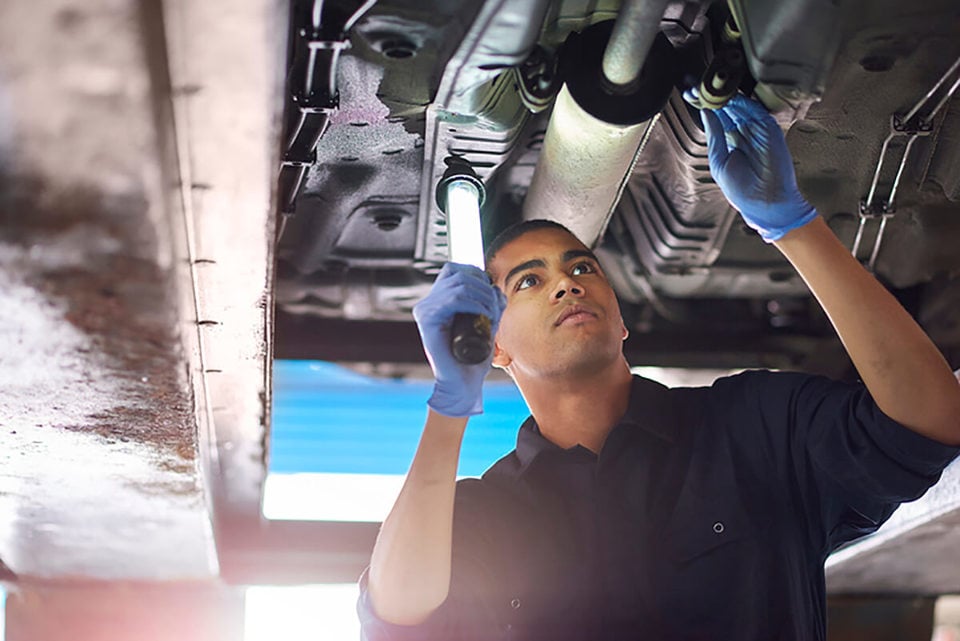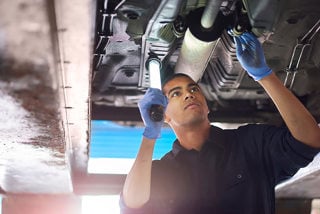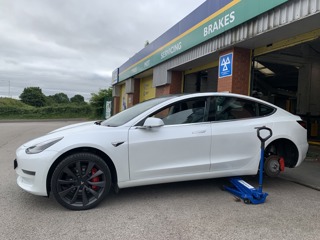A shortage of car and van parts is creating service, maintenance and repair (SMR) issues for fleets, extending vehicle off-road (VOR) time, according to the Association of Fleet Professionals (AFP).
The trade and training body says that AFP members are regularly reporting a range of problems, such as parts supply, which were felt to be outside the control of suppliers. However, others, including levels of communication, which were not, were described as disappointing by fleets.
AFP chair Paul Hollick said: “Garages and workshops – from small independents to franchise dealers and repairer networks to fast-fits – are facing similar problems to almost every other part of the motor industry. Getting hold of many parts is difficult while finding trained staff is challenging. These facts are having a direct impact on fleet VOR times and are not the fault of suppliers.
“However, other aspects of dealing with SMR at the moment are more frustrating. Simply getting the attention of suppliers to book in work and resolve any issues that are being encountered can be difficult, especially when it comes to manufacturer warranty work.”
Hollick explained: “A key annoyance is that if vehicles are booked in for a number of SMR jobs, they are often being handed back with just the easier ones resolved and excuses made for anything more complex, along with advice to make a new booking and no dates available in the near future.
“There is a feeling within the AFP that often a real intention to tackle bigger jobs is limited.”
The problem is especially acute, according to the AFP, because so many fleets had been forced by new vehicle supply issues into operating often significantly older cars and vans.
“On older vehicles, it is almost unavoidable that more SMR is needed and often bigger jobs, too,” he added. “This means that fleets are now very much reliant on garages and workshops on a day-to-day basis when it comes to minimising VOR.
“Being able to count on them doing what they say they will do is essentially an operational necessity.
“At the AFP, we recognise that, to an extent, SMR suppliers are often firefighting in the face of demand and are placed in a difficult situation when it comes to meeting fleet customer needs.”
However, Hollick feels more straightforward conversations and a more reliable approach would be much appreciated by AFP members.
“What they find frustrating are situations when they are left without a vehicle that they were expecting to be repaired and have to scrabble around to find a replacement,” he said. “It creates difficult situations.”






















Login to comment
Comments
No comments have been made yet.